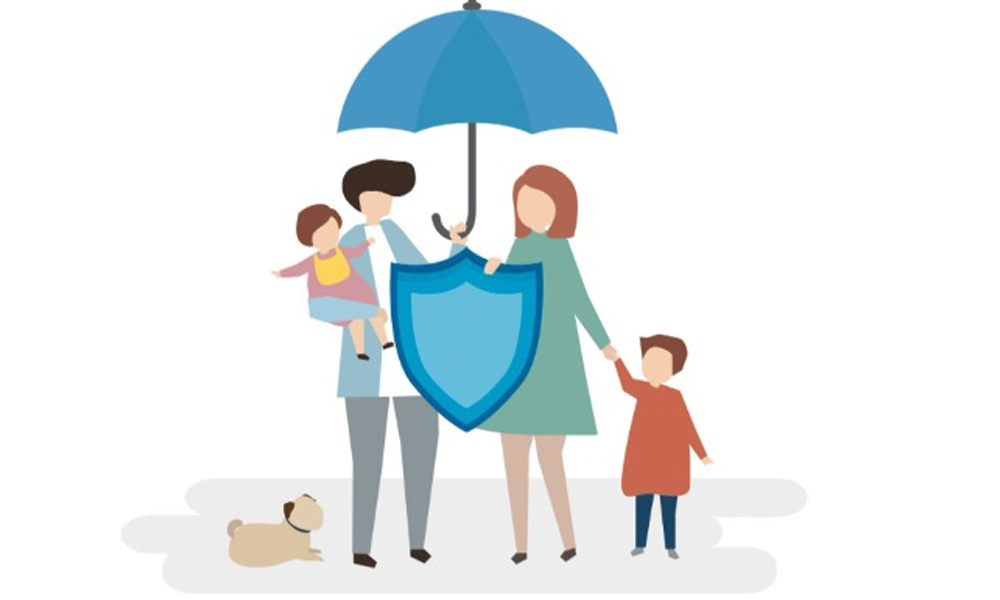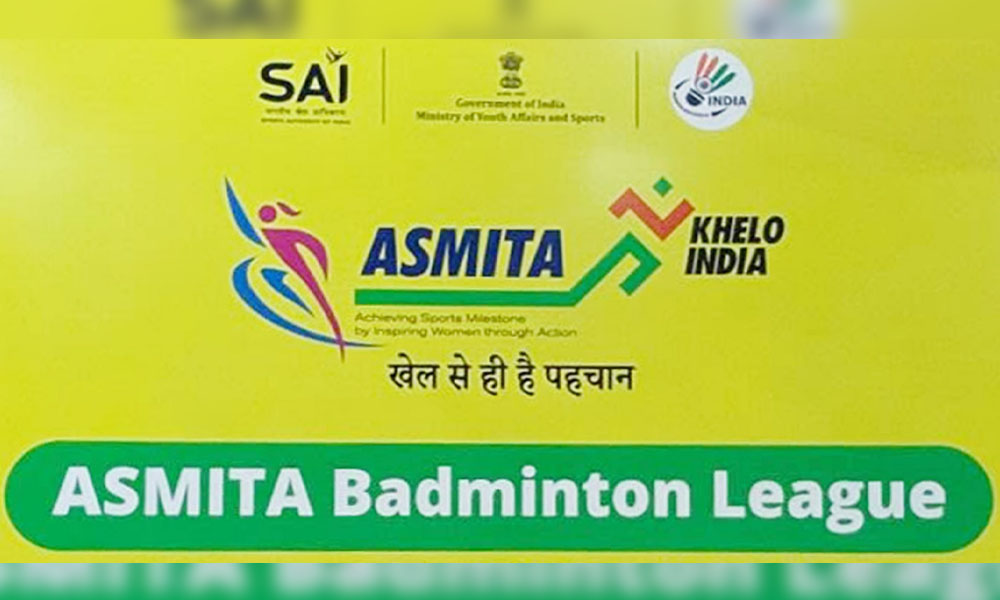Regardless of the severity of the condition, the UN health organization previously advised against using convalescent plasma, ivermectin, and hydroxychloroquine in patients with Covid-19.
Digital
Desk: In patients with mild or moderate Covid-19, the World Health Organization
(WHO) advises against the use of the antidepressant fluvoxamine and the gout
medication colchicine, noting a lack of evidence that they improve outcomes and
findings that they instead present possible risks.
The
WHO Guideline Development Group (GDG), a team of international specialists,
released the advice on Wednesday, and it was available in The BMJ.
Regardless of the severity of the condition, the UN
health organization previously advised against using convalescent plasma,
ivermectin, and hydroxychloroquine in patients with Covid-19.
Fluvoxamine
and colchicine are widely used, affordable medications that have attracted a
lot of interest as potential Covid-19 therapies during the pandemic, largely
from persons citing unsupported observations.
"With multiple recent completions and ongoing
randomized controlled trials (RCTs), the body of data for Covid-19 therapies is
constantly changing. In patients with non-severe Covid-19, this update adds new
recommendations for fluvoxamine and colchicine. The former was based on data
from three RCTs with 2,196 patients, and the latter on data from seven RCTs
with 16,484 patients, according to the article.
The
panel came to the conclusion that practically all educated patients would
decide against receiving either fluvoxamine or colchicine medication after
carefully examining this information.
The
panel stated that because children were not included in any of the included
research, it is still unclear whether the suggestions presented are applicable
to children.
However,
they could not think of a reason why kids with Covid-19 would react to
treatment with fluvoxamine or colchicine any differently.
WHO
issued a statement saying that for patients with severe COVID-19, it highly
advises corticosteroids along with IL-6 receptor blockers or baricitinib.
According to experts, guidelines will inevitably be
changed when new evidence becomes available.
"The recommendations are revised as new scientific
data becomes available. There are no firm advice because that is how medicine
operates, according to Dr. Srikant Sharma, senior consultant in the hospital's
department of medicine.

















